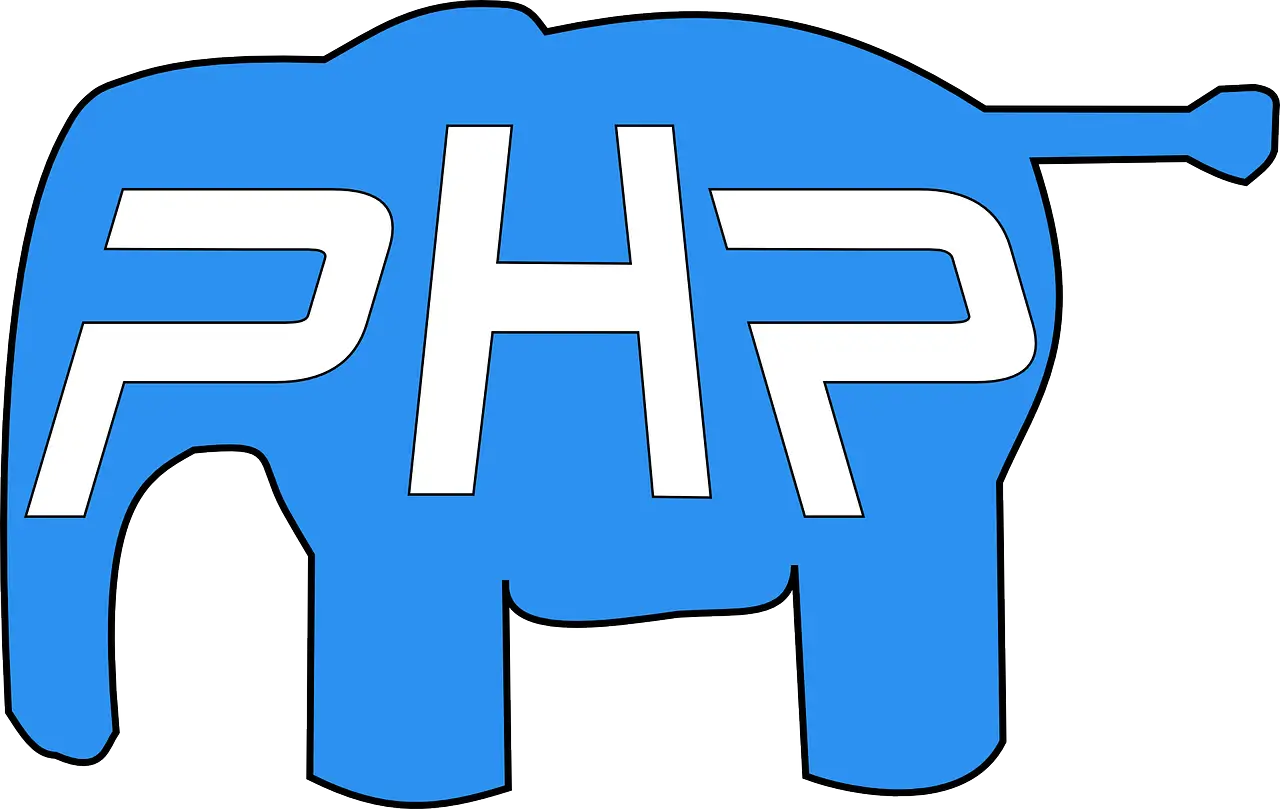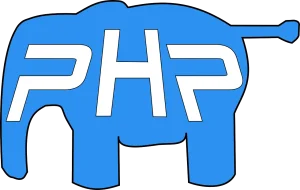Discover the best PHP libraries for developers to streamline your development process, improve functionality, and save time. Explore top libraries like Guzzle, PHPUnit, and more.
Best PHP Libraries for Developers
PHP is a powerful and versatile language widely used for web development. One of the reasons PHP remains a popular choice is the vast ecosystem of libraries available to developers. These libraries can significantly speed up the development process, reduce the amount of code you need to write, and add advanced functionality to your applications. In this blog, we’ll explore some of the best PHP libraries for developers, covering everything from HTTP requests to unit testing.
Why Use PHP Libraries?
Before diving into the specific libraries, it’s important to understand why using libraries can be beneficial:
- Time-Saving: Libraries come with pre-written code that handles common tasks, which can save you a lot of development time.
- Reliability: Popular libraries are well-tested and maintained, ensuring reliability and fewer bugs.
- Standardization: Using widely accepted libraries can help standardize codebases, making them easier to understand and maintain.
- Performance: Libraries are often optimized for performance, helping to make your applications faster.
Top PHP Libraries for Developers
1. Guzzle: HTTP Client
Guzzle is a PHP HTTP client that makes it easy to send HTTP requests and integrate with web services. It simplifies the process of making requests and handling responses. Guzzle is well-documented and widely used in the PHP community, making it a reliable choice for handling HTTP operations.
Key Features:
- Simple interface for sending HTTP requests
- Support for synchronous and asynchronous requests
- Middleware support for modifying requests and responses
- Easy integration with PSR-7 (HTTP message interfaces)
Use Case: Use Guzzle to connect to external APIs, perform HTTP requests, and handle responses efficiently.
Top WordPress Website Development Company in Rajkot – Boost Your Online Presence
2. PHPUnit: Testing Framework
PHPUnit is the standard testing framework for PHP. It’s widely used for unit testing in PHP applications, providing a structured way to write and run tests. PHPUnit helps ensure your code behaves as expected, making it easier to maintain and refactor.
Key Features:
- Support for writing unit tests
- Test-driven development (TDD) support
- Detailed test reports and analysis
- Mock objects for simulating dependencies
Use Case: Use PHPUnit to write unit tests for your PHP code, ensuring reliability and stability.
Unlock JavaScript’s Power: Mastering Functional Programming in JavaScript
3. Symfony Components: Modular PHP Libraries
The Symfony framework is composed of various reusable PHP components that can be used independently in any project. These components are highly decoupled, allowing developers to pick and choose only the parts they need.
Key Components:
- HttpFoundation: A set of classes for managing HTTP requests and responses.
- EventDispatcher: A library for implementing event-driven programming.
- Routing: A powerful routing library for matching requests to specific handlers.
Use Case: Use Symfony components to add specific functionality to your project without needing the full framework.
Craft the Perfect Soundtrack: Your Guide to Creating Epic Spotify Playlists
4. Eloquent ORM: Database Management
Eloquent is an Object-Relational Mapping (ORM) library that comes with Laravel but can be used independently. It provides an easy way to interact with databases using PHP objects instead of raw SQL.
Key Features:
- Simple and intuitive syntax for querying databases
- Support for relationships, such as one-to-many and many-to-many
- Built-in support for pagination and soft deletes
- Model events and observers for handling database actions
Use Case: Use Eloquent for managing database interactions in your PHP applications, especially when working with complex relationships.
Don’t Get Hooked! Recognizing and Avoiding Phishing Scams
5. PHPMailer: Email Sending
PHPMailer is one of the most popular libraries for sending emails in PHP. It supports advanced features like SMTP authentication, HTML messages, attachments, and more. PHPMailer is a robust alternative to PHP’s built-in mail() function, providing more control and reliability.
Key Features:
- SMTP support with authentication
- HTML email support
- File attachments and inline images
- Address validation and error handling
Use Case: Use PHPMailer for sending transactional emails, notifications, and newsletters from your PHP applications.
10 JavaScript Tricks You Didn’t Know Existed (But Should!)
6. Carbon: Date and Time Management
Carbon is a PHP library that extends PHP’s native DateTime class, providing an easy and intuitive way to handle dates and times. It simplifies complex date manipulations and makes it easy to work with dates in different formats.
Key Features:
- Fluent and easy-to-use API for date and time manipulation
- Support for time zones and localization
- Built-in functions for common date operations like adding days, months, etc.
- Compatibility with PHP’s native
DateTimeclass
Use Case: Use Carbon for handling all date and time-related operations in your applications, such as scheduling tasks or calculating date differences.
Conquer Chaos: Project Management Fundamentals for Seamless Workflow
7. Monolog: Logging
Monolog is a comprehensive logging library that supports various logging handlers, allowing developers to log to files, databases, and other systems. Monolog is PSR-3 compliant, making it easy to integrate with other PHP applications and frameworks.
Key Features:
- Support for multiple logging handlers
- Customizable logging levels
- Integration with popular services like Slack, email, etc.
- PSR-3 compatibility
Use Case: Use Monolog to implement a robust logging system for tracking errors, debugging information, and application events.
Keep Your Rajkot WordPress Website Running Smoothly: Top Maintenance Services
8. Faker: Data Generation
Faker is a PHP library for generating fake data. It’s useful for testing and seeding databases with realistic but fake data. Faker can generate names, addresses, phone numbers, and much more.
Key Features:
- Generate fake data for various use cases (e.g., names, addresses, texts)
- Support for multiple locales
- Customizable data providers
Use Case: Use Faker to generate data for testing, seeding databases, and populating applications with sample content.
Integrate Airwallex Payment Gateway in Laravel Using Redirect Method
9. Intervention Image: Image Manipulation
Intervention Image is a PHP library that simplifies image manipulation tasks such as resizing, cropping, and applying filters. It’s easy to use and integrates well with Laravel.
Key Features:
- Support for resizing, cropping, and rotating images
- Apply filters and effects
- Work with multiple image formats (JPEG, PNG, GIF, etc.)
- Simple API for chaining operations
Use Case: Use Intervention Image to handle image processing tasks in your web applications, such as creating thumbnails or applying watermarks.
Conclusion
Using PHP libraries can greatly enhance your development process, allowing you to build more feature-rich applications with less effort. The libraries discussed in this blog are just a few examples of the powerful tools available to PHP developers. Whether you’re handling HTTP requests, testing, managing databases, or working with images, there’s a PHP library out there to meet your needs.
Using Custom Fields: Enhance Your WordPress Content with Extra Data
Key Takeaways
- Efficiency: PHP libraries save time by providing ready-to-use solutions for common tasks.
- Reliability: Popular libraries are well-maintained and tested, ensuring a stable development process.
- Functionality: Libraries like Guzzle, PHPUnit, and Eloquent add advanced features that can enhance your applications.
- Flexibility: With a variety of libraries available, you can choose the best tools to fit your specific development needs.
By leveraging these libraries, you can focus on building innovative features rather than reinventing the wheel, making your PHP projects more robust, scalable, and maintainable.
Craft Your Dream Job: Perfect Cover Letter and Job Interview Tips

